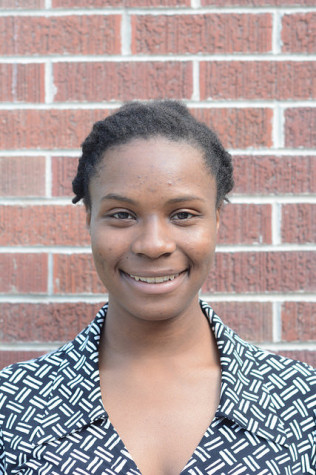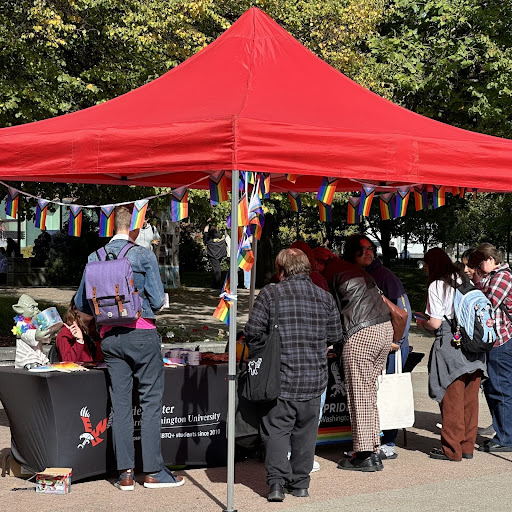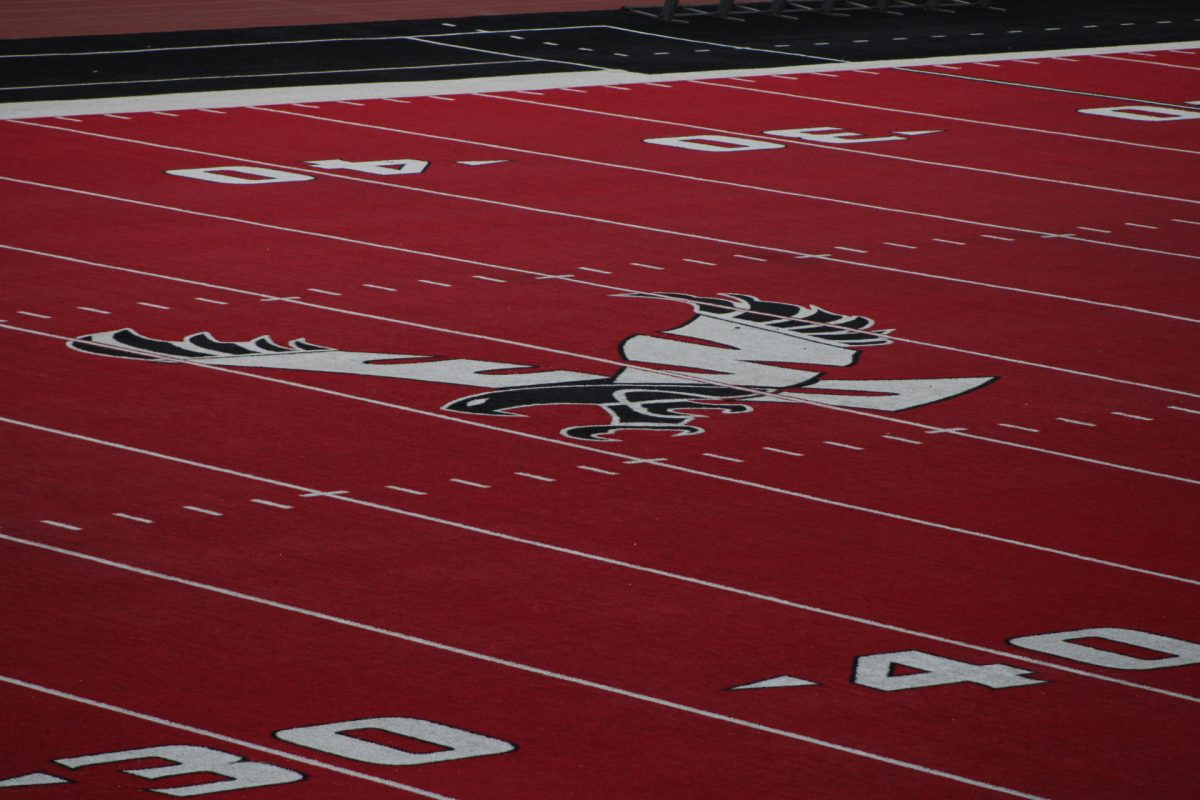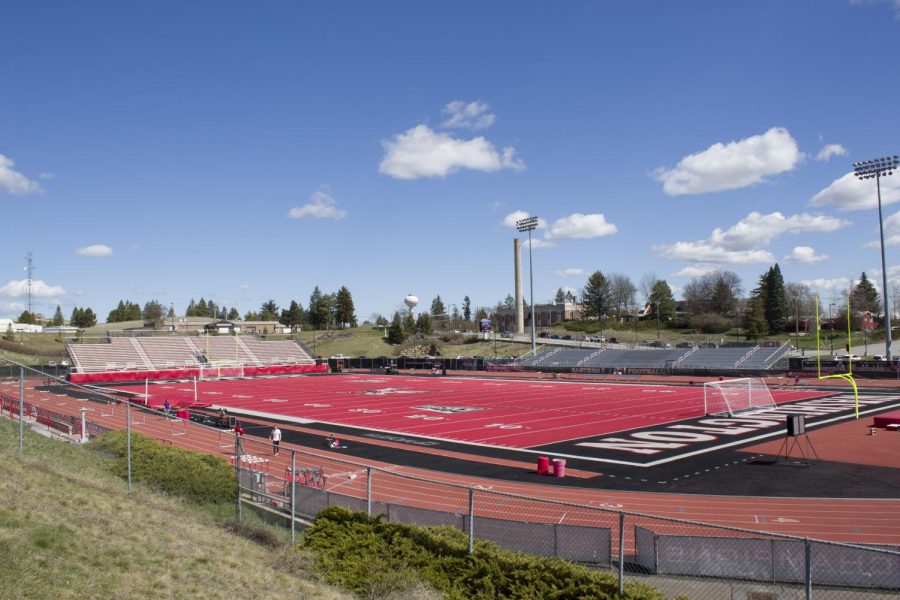EWU loses federal TRIO Grant
October 28, 2015
In August 2015, Eastern’s TRIO program closed its doors. The Federal TRIO Programs, or TRIO, are a set of outreach programs managed by the Department of Education which aim to retain college students from disadvantaged backgrounds. Specifically, TRIO targets those who are first generation, or the first person in their family to pursue a college education, students who have disabilities and students from low income backgrounds.
Last year, Eastern lost its federal grant for the TRIO program.
“The grant was an extremely competitive grant. You actually had to receive 106 points out of a scale of 100 … you had to get extra credit,” said Chuck Lopez, Ph.D., explaining the point system by which the Department of Education evaluates schools applying to receive grant money.
Lopez is the vice provost for Undergraduate Studies and Student Success. The TRIO Program was a service offered through Eastern’s Academic Success Center (ASC), which operates under Lopez’ purview.
Through Federal grants, the TRIO program was able to serve approximately 300 students each year.
“We are going to continue to meet the needs of those students, both now and in the future,” said Lopez. “We looked at the needs of those students, we looked at the programs and services that we were currently offering to those TRIO students and then we attempted to find ways to continue to provide those services.”
One way in which the ASC is filling the vacuum left by TRIO is by adjusting the structure of ASC and bringing on additional staff.
“The program was facilitated by retention specialists in our Academic Success Center in Monroe Hall,” said Lopez. “What we did was we shifted duties and responsibilities for our retention specialists in our ASC … all of the TRIO students were moved from their TRIO advisor to an ACS advisor.”
This move included students who had declared a major, and thus had a department advisor, but would normally have had a secondary advisor from the TRIO program.
“We were able to bring some funding together and we are hiring an advisor that focuses on first generation students … they will have a lower caseload so that they can spend more time with our first generation students, so about 300, where our other academic advisors have a caseload around 450.”
According to Lopez, students with disabilities formerly served by TRIO will maintain their access to the ASC for academic advising. Specialized support relating to their disability will be handled, as it always has been, by Disability Student Services (DSS). The same will remain true for most students from low-income backgrounds.
“Many low income students are first generation students,” said Lopez. “So they will be a part of this population that our retention specialists and the first generation advisor will be working with.”
Students who come from low-income backgrounds, but are not first generation students, will be absorbed into the General Undergraduate Academic Advising system.
According to Lopez, the TRIO program funded the development of a curriculum which addressed the challenges for students most likely to be lacking in the skills, knowledge and resources gained through exposure to higher education – necessary to seamlessly adjust to college life, such as “the university culture, the university skills that many incoming students need to get on board with. Time management type things, critical reading skills, those types of skills.”
“The curriculum has already been developed … so we were able to take that curriculum, and we are offering worships to any student that wants to be involved,” said Lopez.
What students are primarily losing is flexibility. Instead of simply being able to walk into the ASC and meet with a retention specialist and receive academic advisement, now they may have to schedule an appointment at the ASC to ensure they will be seen.
TRIO also offered a “modest amount of scholarships for a very small number of students,” said Lopez. “Ten percent of the TRIO recipients were receiving $1,000.”
The scholarships are gone, but the retention specialists, academic advising services, workshops and curriculum developed by TRIO funds remain. Lopez said some of the curriculum may be worked into online content, allowing more students to access the resources in the comfort of their homes on their own time table.
Lopez referred to the loss of the TRIO program as a “tragedy,” but also regards it as an opportunity to expand the reach of the ASC.
“When we had the grant we had to go through a process to make [the students] eligible to be served, and the grant had a cap,” which was approximately 300 students. “We could not serve any additional students than that cap,” said Lopez.
Now that the grant is gone, “We have an opportunity to serve many more students now. … When you have a lost opportunity, it gives you a point to where you have to rethink the way you’ve been doing business. The team is a very motivated team and we thought about how we can do business differently. I’d like for the students to see the space and maybe get involved in it,” said Lopez.
Located in Monroe 111, the ASC sports several study labs furnished with full-access computers, couch and chair seating, and access to free catalogues and white boards. Each study lab is adjacent to the office of a retention specialist, whom students may call upon for assistance.
“The university has made a commitment to working with first generation students,” said Lopez, who also emphasized that the ASC is open to all Eastern students. “We want to let people know that even though the name TRIO is gone, we are still here to support them.”







